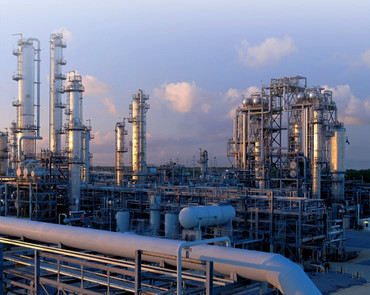| Europe's Challenges | Even before Trump won the US elections, Europe was struggling with a dormant stock market, brittle currency, crisis-ridden politics and a stagnant economy. Now, with new trade tariffs and investment outflows on the horizon, things could get even more dire. Read our report on the widening gap between Europe and the US. Limited Range | Joe Biden's decision to let Ukraine hit targets inside Russia failed to galvanize broader allied support. German Chancellor Olaf Scholz Scholz made it clear he wasn't going to budge on long-range missiles. On the other side, Chinese and Russian companies were developing an attack drone similar to an Iranian model deployed in Ukraine, European officials told us. Done Deal | The ECB is almost certain to cut interest rates by a quarter point in December, Governing Council member Yannis Stournaras told us. The Greek central bank chief also predicted that benchmark borrowing costs could fall "close to 2%" if inflation continues to slow. He also said that Trump's promised tariffs could potentially spark a recession and deflation in Europe. Settle Faster | EU markets regulator ESMA recommended that the bloc shorten the time it takes to settle securities transactions from two days to one. That would put the region back in step with the US and Canada, and the UK plans to shift in the final quarter of 2027. Backroom Politicking | Polish President Andrzej Duda says he knows why Germany's Scholz agreed to speak with Russian President Vladimir Putin last week: "I believe it was an attempt to bring about a ceasefire in Ukraine before Donald Trump took office," he said in an interview in Warsaw. Duda, a Trump ally, suspects Scholz wants to cut the Republican out of the process. | 


No comments:
Post a Comment